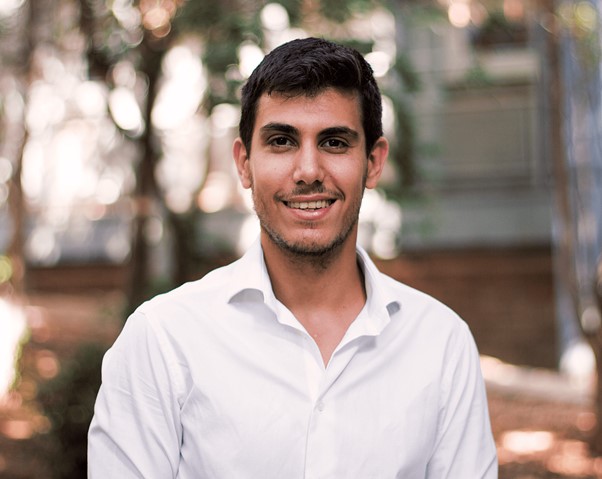Date: Tuesday 13 December 2022 – 16:00 (Europe/London)
Speaker: Dr Aviad Levis, Postdoctoral Researcher at the Computing and Mathematical Sciences Department, Caltech
Abstract
Imaging plays a key role in advancing science, from revealing the internal structure of clouds to the first visual evidence of a black hole. While both examples come from very different systems, they illustrate what can be achieved by integrating imaging with modern computational approaches. Computational imaging combines concepts from physics, machine learning, and signal processing to reveal hidden structures at the smallest and largest of scales.
In this talk, Dr Levis will highlight how peeling away layers of the underlying physics leads to a spectrum of algorithms targeting new scientific discoveries. He will focus on the Event Horizon Telescope (EHT); a unique computational camera with the goal of imaging the glowing fluid surrounding supermassive black holes. In May of 2022, the EHT collaboration revealed the first images of the black hole at the centre of our galaxy: Sagittarius A* (Sgr A*). These images were computationally reconstructed from measurements taken by synchronized telescopes around the globe.
While images certainly offer interesting insights, looking toward the future, we are developing new computational algorithms that aim to go beyond a 2D image. For example, could we use EHT observations to recover the dynamic evolution or even the 3D structure? Our hope is that in the not-too-distant future these new and exciting prospects for black-hole imaging will enable scientific discovery and even provide a glimpse into the very nature of space-time itself in our galaxy's most extreme environment.

Biography
Dr Levis works as a Postdoctoral scholar in the Computing & Mathematical Sciences department at Caltech. Currently, as part of the Event Horizon Telescope collaboration, his work focuses on developing novel computational methods for imaging black hole dynamics.
Dr Levis obtained his BSc in Electrical Engineering from Ben-Gurion University in Israel before going on to complete a PhD at the Viterbi Faculty of Electrical Engineering, Technion at the Israel Institute of Technology. His PhD thesis was titled ‘Volumetric Imaging of the Natural Environment’. Notably, his Ph.D. research into 3D tomography of clouds has paved the way for a novel interdisciplinary space mission (CloudCT) funded by the ERC. While studying he gained many awards including a fellowships for academic achievement. He also undertook internships at Google and the Jet Propulsion Laboratory while studying. In his current post he now holds a postdoctoral fellowship for nurturing future faculty members.
You can now watch the seminar on YouTube: https://youtu.be/c4TvSXpe7UQ
